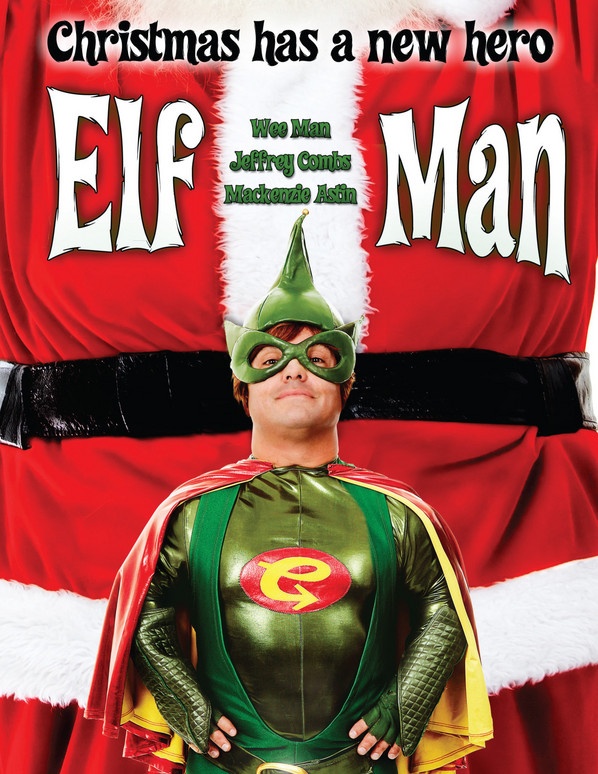Elf-Man, LLC v. Cariveau and Identifying Copyright Violators Online
Copyright infringers have been given free range to steal without repercussion. On January 17, 2014, a judge in the Western District of Washington dismissed copyright infringement claims against 152 different Defendants, ruling that simply claiming certain IP addresses were used to illegally obtain or share copyrighted material is not enough evidence to bring a lawsuit against the owner of that address. Simply put, just because your internet connection was used to download a movie does not mean that you were the one who downloaded it.
 In the case, each of the 152 Defendants was identified only by an IP address linked to the sharing of the movie “Elf-Man.” An IP address is a string of characters that identifies a particular computer or set of computers attached to the Internet. The Court allowed the Plaintiff early discovery to obtain evidence to identify the owner of each IP address, but stated that even if the plaintiff identified the owner of each IP address, that information “tells us very little about who actually downloaded ‘Elf–Man’ using that IP address.” Elf-Man, LLC v. Cariveau, C13-0507RSL, 2014 WL 202096 (W.D. Wash., Jan. 17, 2014). Besides having questionable taste in movies, the Defendants were accused of either downloading the movie or “permitt[ing], facillitat[ing], or promot[ing] the use of their Internet connections” to allow others to download the movie. However, the Plaintiff did not provide any facts showing that one scenario was more likely than the other. The Plaintiff conceded that each of the account holders named as Defendants may not have actually been the ones who committed copyright infringement by downloading the movie. The judge’s ruling establishes that missing the identity of the downloader means that there is not enough information to go forward with the case.
In the case, each of the 152 Defendants was identified only by an IP address linked to the sharing of the movie “Elf-Man.” An IP address is a string of characters that identifies a particular computer or set of computers attached to the Internet. The Court allowed the Plaintiff early discovery to obtain evidence to identify the owner of each IP address, but stated that even if the plaintiff identified the owner of each IP address, that information “tells us very little about who actually downloaded ‘Elf–Man’ using that IP address.” Elf-Man, LLC v. Cariveau, C13-0507RSL, 2014 WL 202096 (W.D. Wash., Jan. 17, 2014). Besides having questionable taste in movies, the Defendants were accused of either downloading the movie or “permitt[ing], facillitat[ing], or promot[ing] the use of their Internet connections” to allow others to download the movie. However, the Plaintiff did not provide any facts showing that one scenario was more likely than the other. The Plaintiff conceded that each of the account holders named as Defendants may not have actually been the ones who committed copyright infringement by downloading the movie. The judge’s ruling establishes that missing the identity of the downloader means that there is not enough information to go forward with the case.
What does this mean for copyright holders if other courts come to the same conclusion as the District Court in Washington? Even with the initial difficulties associated with locating a copyright infringer online and social backlash against people trying to enforce copyright claims against individual downloaders, copyright owners must now provide proof that a particular individual behind the IP address pirated their copyrighted works. Finding that proof may be an impossible hurdle in practice, especially for individuals or small companies, further curbing their ability to enforce their rights. The District Court has essentially determined that the possibility of punishing a person who was not directly responsible for the alleged infringement outweighs the copyright owner’s interest in protecting their work from online piracy. A decision such as this can only serve to further embolden copyright pirates and make it more difficult for copyright owners to protect their works.
© 2014. All rights reserved.
